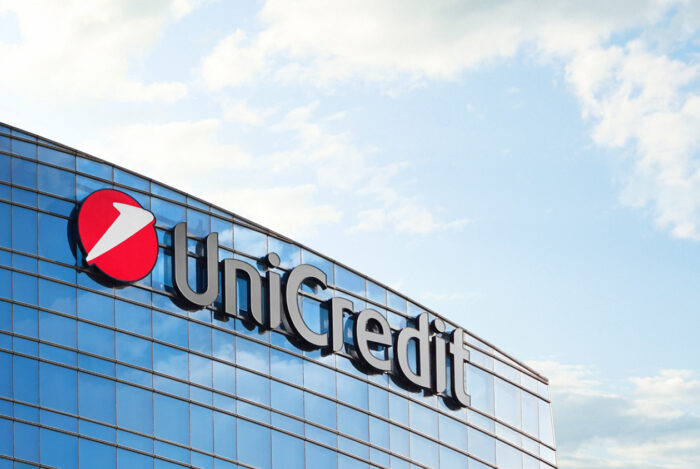UniCredit, one of Italy’s premier banking institutions, has been navigating the complex waters of potential acquisitions with stringent criteria outlined by its Chief Executive Officer, Andrea Orcel. Speaking at the Morgan Stanley investor conference in London, Orcel expressed that not utilising a portion of the bank’s significant excess capital for mergers and acquisitions (M&A) would be a missed opportunity and “disappointing.”
UniCredit Is Looking for Ways To Deploy Its Excess Capital via M&A

Orcel emphasised the importance of business expansion and asserted that acquiring at the right price is preferable to merely distributing excess capital to shareholders. UniCredit stands out in the European banking landscape for its robust capital distribution strategy, incorporating share buybacks and cash dividends.
This approach places the bank among the continent’s most generous regarding returning value to its shareholders. However, Orcel pointed out that in scenarios where suitable M&A prospects do not materialise, UniCredit may have to increase its ordinary capital distribution by an additional €1.5 to €2.0 billion annually.
He noted that such a situation would be less than ideal, as it would indicate a failure to find profitable avenues for investing in the bank’s growth. The CEO envisions a balanced approach, combining thoughtful investment in the business with rewarding shareholders.
Don’t miss out the latest news, subscribe to LeapRate’s newsletter
Orcel also addressed the high cost of equity that banks currently face, which acts as a deterrent to lowering standards for potential acquisitions. He highlighted the necessity for any prospective deal to strategically align with UniCredit’s goals and meet rigorous financial criteria.
Specifically, Orcel mentioned that the market must fully trust in any acquisition’s cost benefits and synergies, and the risk-adjusted internal rate of return (IRR) should meet a minimum threshold of 15%. According to Orcel, this disciplined stance is crucial, even if voices suggest the bank should be more flexible.
Throughout his discourse, Orcel conveyed that UniCredit is actively exploring many opportunities, suggesting that the bank’s cautious approach should not be mistaken for inactivity. The extensive review process inevitably leads to much speculation and “noise” in the market.
However, Orcel clarified that unless a potential acquisition perfectly aligns with UniCredit’s stringent criteria—balancing strategic fit with financial prudence—the bank is prepared to hold off. This rigorous strategy aims to temper expectations for those anticipating immediate, speculative actions from UniCredit.